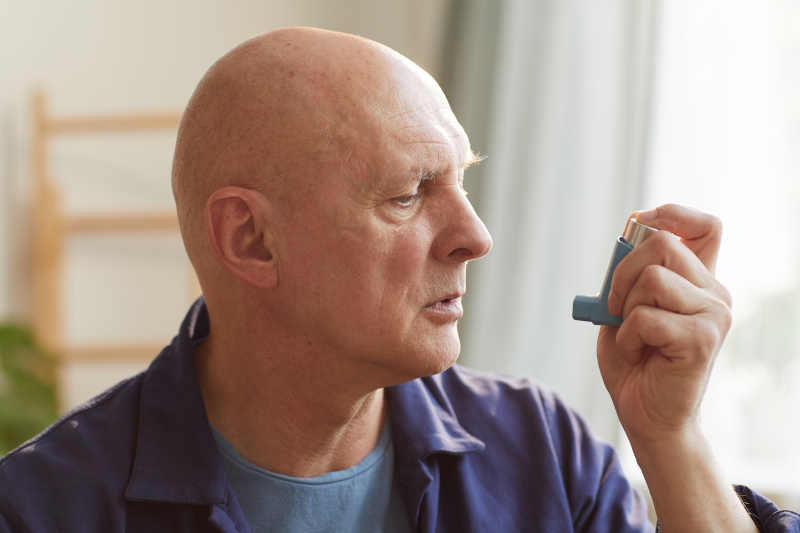Treating Allergies and Allergy Symptoms in Seniors
If you are providing care for an elderly family member and you observe symptoms such as wheezing, itchy eyes, coughing, or sneezing, it is possible that your loved one suffers from seasonal allergies. It will be easier for you to provide the necessary therapy for your older loved ones if you have a better understanding of sudden outbreaks of seasonal allergies and have read these advice on senior care.
Old Allergies Flaring Up
Does it appear as though your senior loved one suddenly started experiencing allergy symptoms out of the blue? You should engage them in a conversation about their youth. The symptoms of allergies will begin to manifest in a significant number of elderly people. On the other hand, when people look back to when they were younger, they might have experienced allergy problems. Their immune system is compromised as a result of childhood allergy episodes, despite the fact that their allergies have been under control for years. Because of this, the recent episodes of allergy symptoms may be more severe.
A Gradual Increase in the Severity of Allergy Symptoms
Your older friend or family member probably has a lot of questions about what brought on the allergy symptoms because they appeared out of nowhere. According to research done on the topic, it takes an average of three to five years for an allergen to cause a reaction in the human body. Alterations made to the surrounding environment might occasionally set off allergic reactions. It is possible, for instance, that your loved one’s allergies will act up if there is a chemical in the yard that was left there by a mosquito sprayer.
Getting Treatment for Sudden Allergy Flare-ups
There are occasions when the symptoms of an allergy are only mild. In such a scenario, your senior family member or friend might not require any medications or specialized therapies at all. You or their providers of in-home care could even be able to assist them in avoiding the trigger if you offer your assistance. The signs and symptoms of their allergy may start to improve after that.
On the other hand, there are situations in which the symptoms of an allergy range from moderate to severe. If your older family member is experiencing this, it is imperative that they visit their primary care physician as soon as possible. It is essential that kids receive the care that they require at this time. There are numerous approaches to treating allergy symptoms. Medication, oxygen treatment, testing by an allergist, and possibly other procedures are some of the potential solutions. You or a senior care provider can ask the doctor treating your loved one what treatments would be most effective based on the symptoms they are experiencing.
Conclusions
These are some of the things that you should be aware of in the event that an elderly person you care about experiences a sudden exacerbation of their allergy symptoms. There are a variety of treatments that could be of assistance in making your elderly loved one feel better if it turns out that they do in fact have allergies. The senior care ideas that were presented earlier should be helpful. Additionally, you have the option of getting in-home care services for your loved one if their symptoms are severe and they require assistance controlling those symptoms.
If your elderly loved one is having trouble breathing or the symptoms are becoming unbearable, you are able to seek immediate medical attention for them at any moment.




